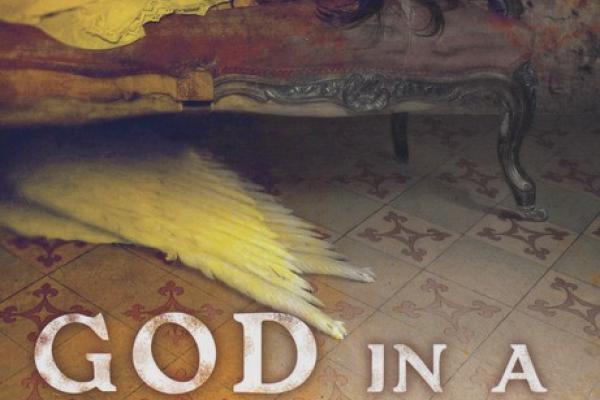God in a Brothel isn’t about nameless, faceless children. It’s about real children — children with names, personalities, and potential as specific and precious as those belonging to the children you and I know. But, unlike the kids in our lives, these children have been kidnapped or sold into slavery by adults who should be their protectors.
In some cases, traffickers visit poor, rural settings in their own countries and convince parents to allow their daughters to accompany them back to a city where, the parents are told, the girls will be given well-paying and respectable jobs. The girls are then kidnapped, often across national borders, and sold into slavery.
Other parents deliberately choose to sacrifice one or more of their children and sell them into slavery in order to provide for other children at home.
Still others function as their own children’s pimps.
Read the Full Article

